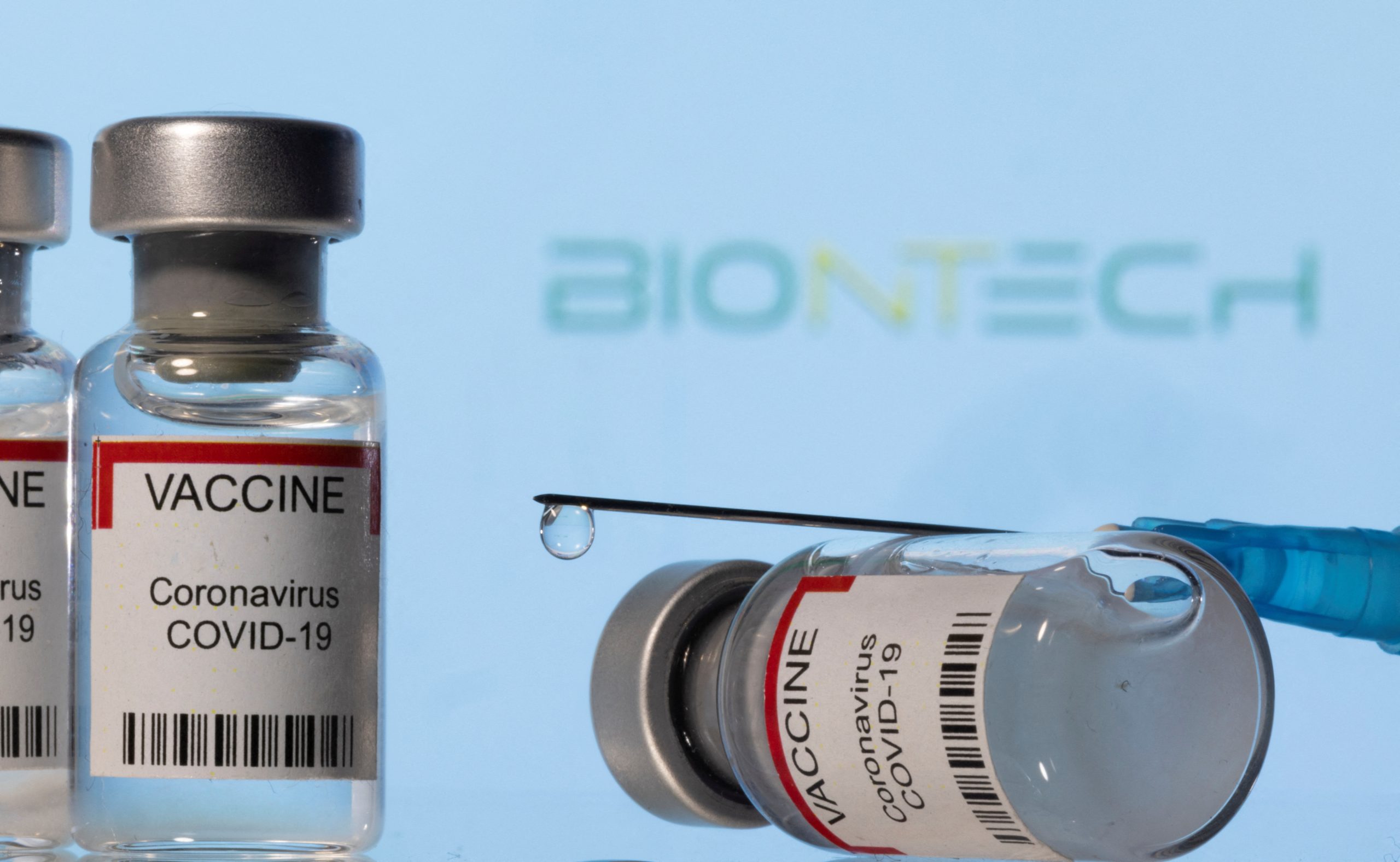
Lauren Dempsey, MS in Biomedicine and Law, RN, FISM News
[elfsight_social_share_buttons id=”1″]
A recent study published in Science Immunology suggests that myocarditis in young men, post-COVID-19 vaccination, is not caused by the vaccine.
Researchers from Yale University School of Medicine in New Haven, Connecticut, studied a group of young men that had vaccine-associated myocarditis or pericarditis.
The study included 23 patients between the ages of 13 and 21, with an average age of 16. Males made up 87% of the group and all of the patients were “generally healthy” prior to vaccination. Most patients experienced symptoms of myocarditis and/or pericarditis within one to four days of receiving the second dose of the Pfizer-BioNTech COVID-19 vaccine.
The patients experienced many of the symptoms commonly associated with myocarditis, including chest pain, heart palpitations, shortness of breath, fever, fatigue, headaches, nausea, muscle aches, and excessive sweating, and most cases of vaccine-related myocarditis resolved quickly with treatment.
The team evaluated multiple possible causes that could trigger heart inflammation and injury in the group of patients, including an immune response caused by antibodies produced by vaccination, an allergic reaction, and antibodies that specifically attack the heart.
According to the study, the researchers were able to identify specific signatures in the immune cells, which indicate a larger than necessary immune response in the body. The team found that the injury to the heart was caused by a more generalized natural immune and inflammatory response to the vaccine, not by antibodies produced by COVID-19 vaccines.
Carrie Lucas, lead researcher and associate professor of immunobiology, explained that “The immune systems of these individuals get a little too revved up and over-produce cytokine and cellular responses.” Cytokines are a protein secreted by cells, primarily helper T cells that help the body fight off and kill infection, but sometimes these cells can create an exaggerated immune response.
The findings suggest a longer interval between the first and second doses of COVID-19 vaccines, which may reduce the risk of developing myocarditis or pericarditis. The authors acknowledge that there were some limitations to the study, including a small sample size, lack of heart tissue samples, and they did not evaluate the role that genetics may play in increasing the risk of myocarditis or pericarditis.
There have been other studies that show while it is rare, teen and young adult males have developed myocarditis after getting the mRNA COVID-19 vaccine. However, the authors of the Yale study caution that any risk associated with vaccination is outweighed by the benefits.
According to a report from the Vaccines and Related Biological Products Advisory Committee (VRBPAC) from June 2022, most cases of myocarditis occurred after the second dose of the Pfizer-BioNTech vaccine and the vast majority of patients made a full recovery.
The Centers for Disease Control and Prevention (CDC) verified 635 case reports of myocarditis in children ages 5–17 years after 54.8 million Pfizer-BioNTech doses were administered. However, the agency states that there was no statistically significant increase found in this age range.
The U.S. Food and Drug Administration (FDA) recently updated emergency use authorizations (EUAs) of the Moderna and Pfizer-BioNTech COVID-19 mRNA vaccines. Under these new changes, the monovalent Moderna and Pfizer-BioNTech COVID-19 vaccines are no longer authorized for use in the United States. However, bivalent vaccines are authorized to be used for all doses and administered to all eligible individuals aged 6 months and older.
Anis Barmada, an M.D./Ph.D. student at Yale School of Medicine and co-author of the study is hopeful that this study will show the potential of mRNA vaccines, which “have a tremendous potential to save lives across numerous future applications.”
The CDC and health experts continue to vaccinate against COVID-19 for all eligible individuals as the best way to prevent severe illness, hospitalization, and death.
